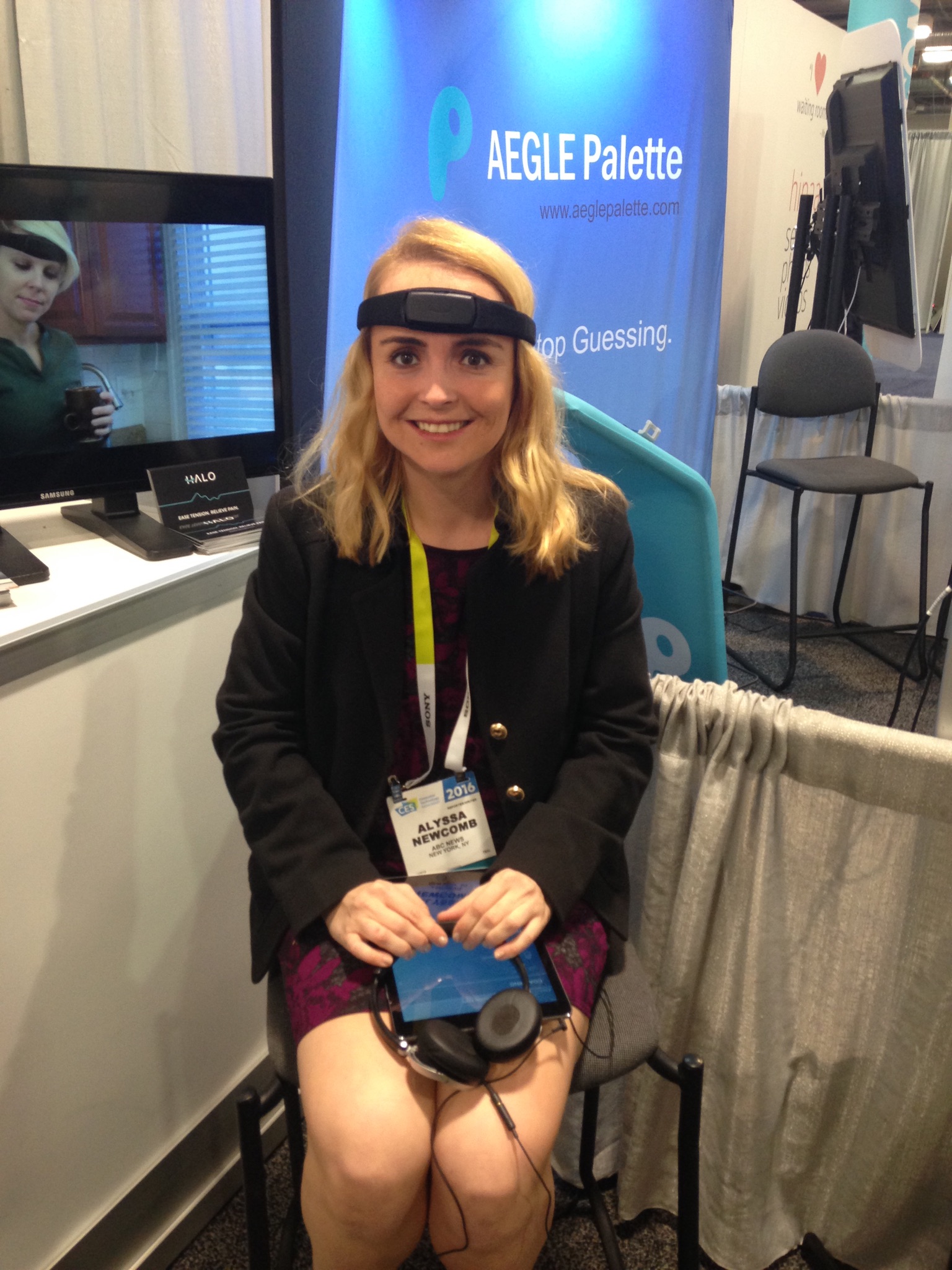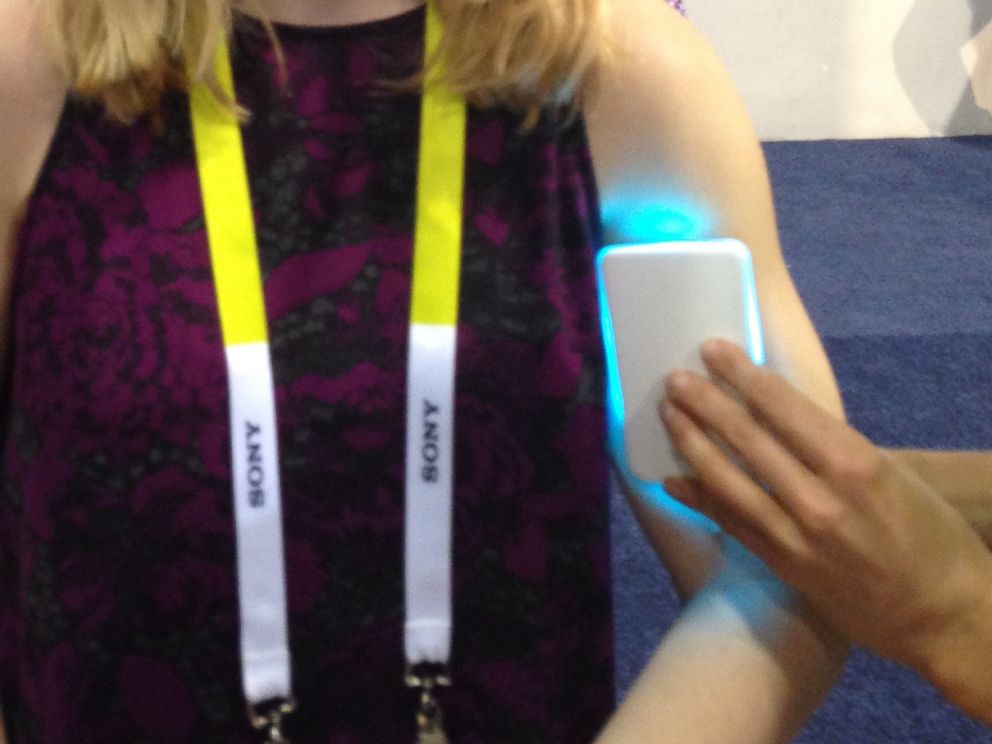CES 2016: The Gadgets That Know How We Look and Feel
There's even a high-tech pregnancy test.
— -- Some of the gadgets at this year's Consumer Electronics Show in Las Vegas are getting very personal when it comes to figuring out the state of your health. Here are some of the offerings in health-related technology at CES 2016.
First Response Pregnancy Test
As if taking a pregnancy test wasn't exciting -- or nerve-wracking -- enough, First Response debuted a Bluetooth-enabled pregnancy test that communicates with a woman via an app on her phone.
The test is designed to let a woman know the sample has been correctly received. From there, she'll be able to choose from three options as she waits three minutes to receive results. "Calm me" will try to quell anxiety, "entertain me" will show fun videos and "educate me" will share content on fertility and pregnancy.
The test is scheduled to be released sometime this spring and will be priced between $15 and $22.

Halo
Feeling stressed? The Halo bio-sensing headband, developed by BioTrak, can show just how tense the person wearing it really is.
"You can wear it all day if you want, but most people would wear it in privacy," Dr. Pete Lillydahl of BioTrak told ABC News. "It senses muscle tension so it addresses headaches, shoulder aches, back aches, TMJ, migraines -- a lot of things everyone has when their life gets a little too busy."
An accompanying app can show just how tense a muscle is -- and then guide the user through a variety of programs to help them relax and alleviate some of the tension.
Halo is scheduled for release in the second half of 2016 and is expected to be priced around $200.

Skulpt Chisel
You might think you're fit, but wait until you see what Skulpt Chisel -- a device that rates the quality of your muscle on an accompanying app -- has to say.
While the team behind Skulpt Chisel isn't new to CES, this is their first time showing off their second-generation device, which packs 12 sensors that can measure the quality of your muscles.
The device, which is about the size of a phablet, doesn't measure the density or size of muscles but instead focuses on "muscle quality," which is the force a muscle produces relative to its size. An MQ score of 100 is average, with a number exceeding it indicating the person is in the "fit" range.
With 12 muscle groups on each side of the body, the accompanying app lets the user know where exactly to place the device on their skin in order to get a reading.
The device retails for $99.



